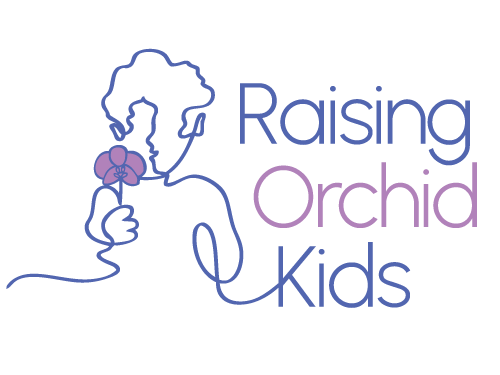Children should be….
Seen and not heard
Good
Happy
Respectful
Kind
Quiet
Clean
Polite
Well-intended
Here are some common aspirations that modern parents have for their children (minus the first one, which I threw in there for contrast).
They seem innocuous enough, right?
What parent doesn’t want their child to be Kind and Respectful?
Who doesn’t want their child to be Happy? Polite?
Sure. Except.
When we carry these (unexamined and unquestioned) expectations around with us, we are setting everyone up for a big fall.
If we expect children to Be Good all the time, then we will be really offended when they do something ‘less than good’. If we expect children to Be Respectful, then it will really trigger us when they have a less than stellar moment.
These seemingly harmless expectations have a dark side. At first glance it seems like a semantic issue, but I can assure you it’s not.
When we expect children to already BE a certain way, we’re tying their actions to their worthiness/essence in a problematic way that doesn’t allow for them to ACT in ways that might be contrary to our expectations.
In other words, if we expect a child to BE Good, there’s no room for them to act “bad”. If we expect them to BE Happy, there’s no room for them to feel sad.
Children are LEARNING how to be Functioning Humans, and this means that they will make (frequent) mistakes. They will choose something Unkind on occasion. They will be Disrespectful sometimes. They will often feel Sad.
And when that happens, if we make it mean that something has gone wrong and that WE have failed as parents, then we’re adding in a whole bunch of garbage that doesn’t need to be there.
If we are constantly thinking that We’re Not Doing Our Job to Turn Our Kids Into Respectful Kind Happy Humans, then we will actually fulfill that prophecy. We will turn them into unhappy, disrespectful, anxious humans.
The process of parenting can feel especially triggering with Orchid Kids – who are already deviating from an ‘expected’ path of development. It seems particularly important that they comply with our expectations of what Children Should Be. (maybe because they’re already so ‘not’?). Because Orchid Kids are already different, it seems especially important that they comply with The Rules for Children.
But Orchid Kids did not get the memo.
Orchid Kids are the ones who feel least compelled to follow the rules. !!!
Orchid Kids are often the ones who expose The Rules for the fraud that they are.
Orchid Kids often have a hard time acting in ways that appear respectful even when they are trying to BE respectful.
Orchid Kids have a hard time ‘behaving’ (acting ‘good’) even when they are trying to BE Good.
What would it look like to have expectations that were more like this?
My (already worthy) child is learning how to act with kindness.
My (already worthy) child is learning how to act with respect.
My (already worthy) child is learning how to experience happiness.
You see where this is going?
Do you feel how these statements are different from The Rules?
They are process oriented, action oriented, and they leave the worthiness issue out of the equation altogether.
We are used to equating actions with worthiness. We are used to thinking that if we do Kind Things that means we Are Kind.
But it’s not true. We can do Kind Things in a spirit of selfishness or we can do Kind Things in a spirit of true kindness. The difference is an internal one.
And so, when we are teaching our children how to show up in the world, the best thing we can do is model.
Model kindness toward ourselves and toward others.
Model happiness and delight in our lives, our work and our relationships.
Model respect in the way we speak to ourselves, our children and those around us.
Modeling is the best way of influencing our children.
But in order to model what we want, we have to be aware of (and then throw away) The Rules. Are you willing to do that?

